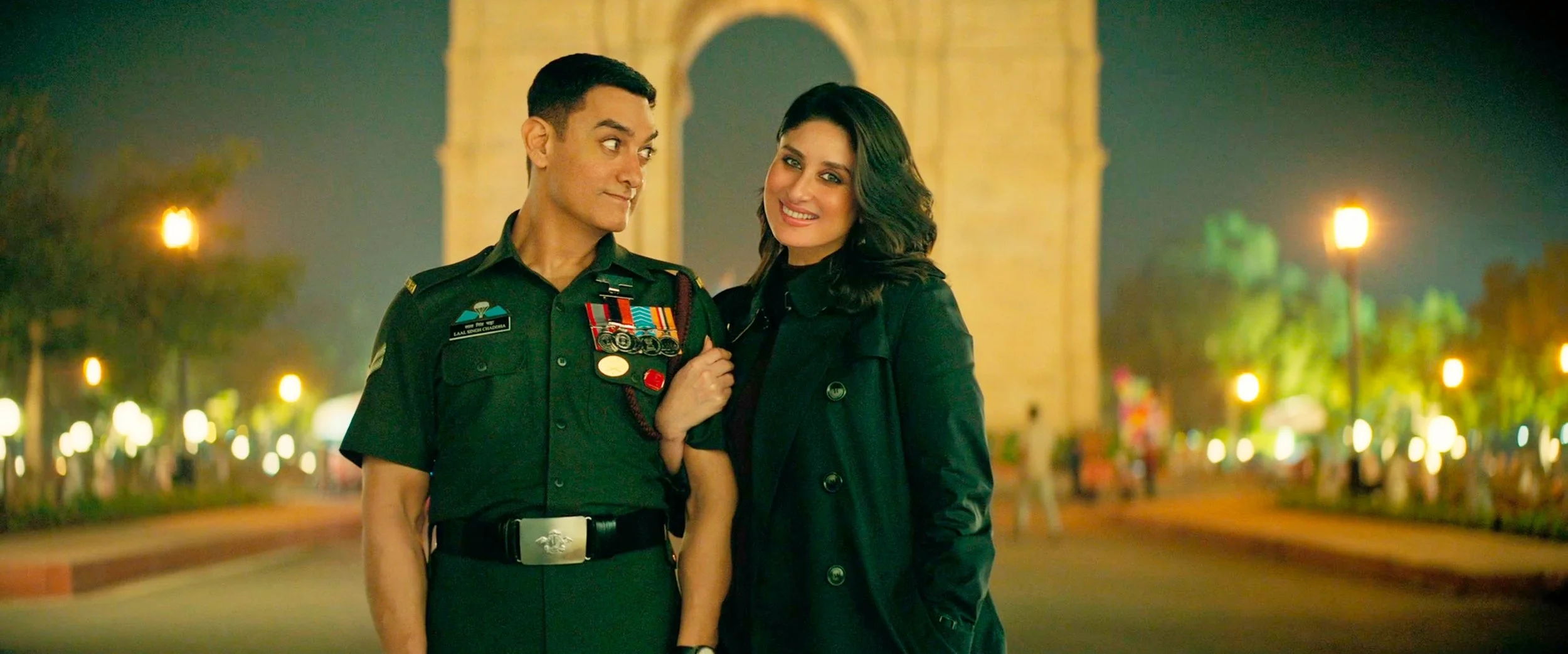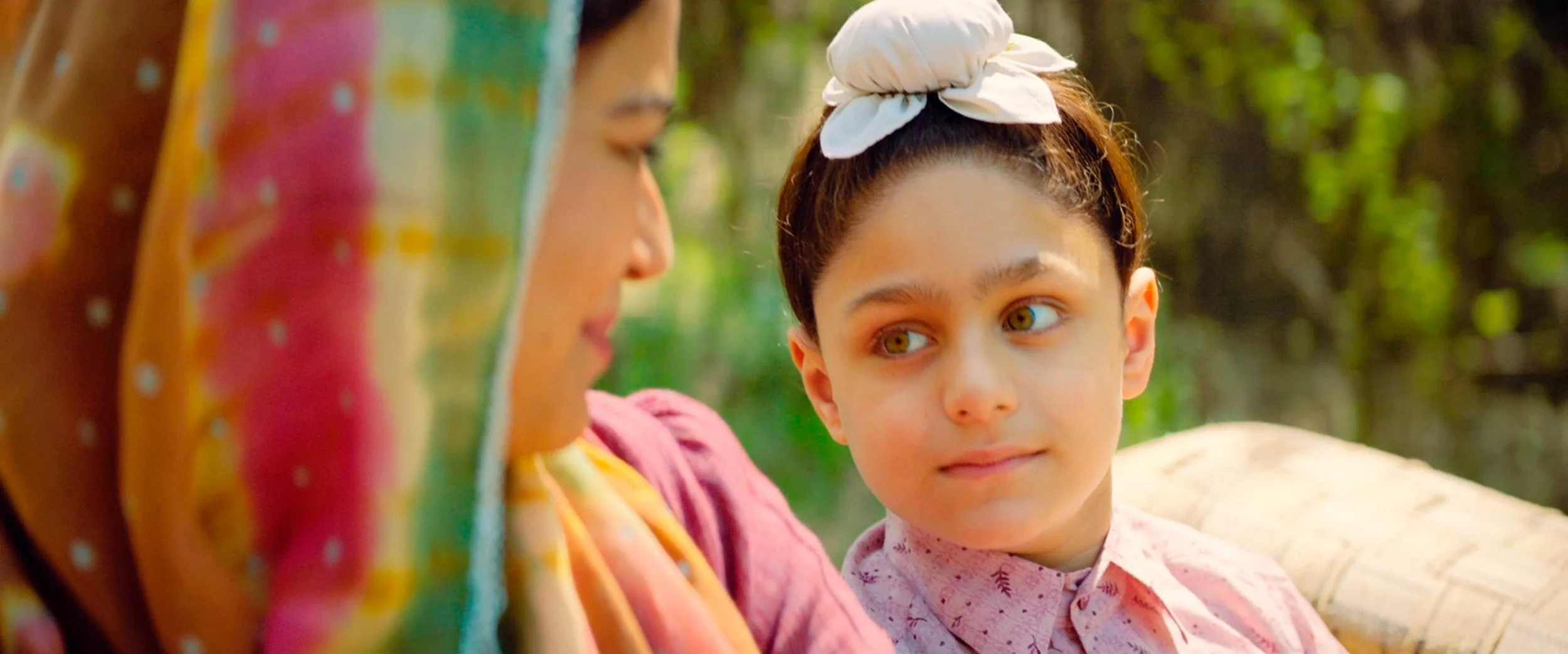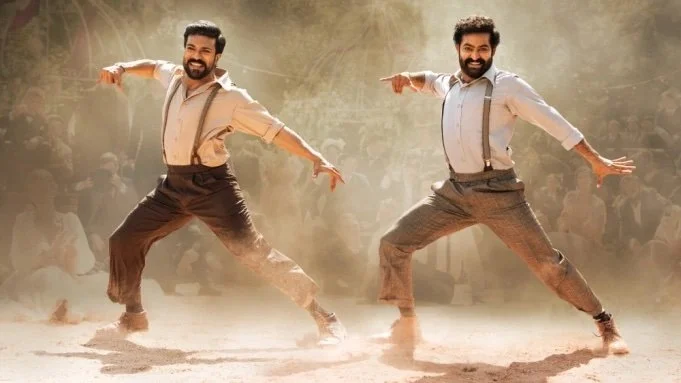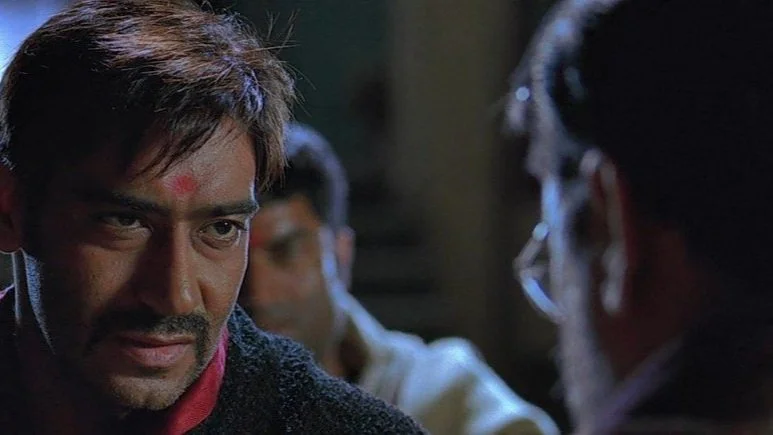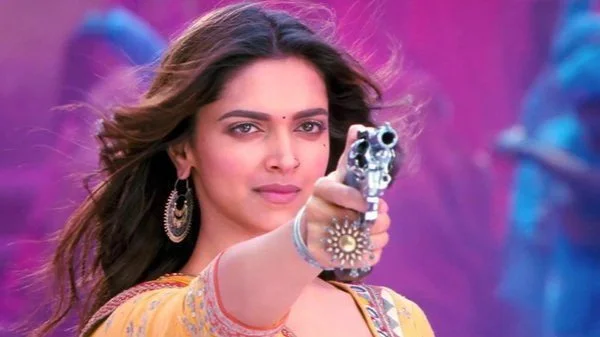Found in Translation
‘Forrest Gump’ makes a bizarrely easy leap to India in director Advait Chandan and star aamir Khan’s spin on the oscar-winning dreck.
Laal Singh Chaddha
Director: Advait Chandan • Writer: Atul Kulkarni, based on the screenplay by Eric Roth
Starring: Aamir Khan, Kareena Kapoor, Manav Vij, Mona Singh, Naga Chaitanya
India • 2hrs 39mins
Opens Hong Kong September 8 • IIA
Grade: B
Robert Zemeckis’s smug Oscar-winner Forrest Gump is uniquely American drivel, a Boomer-affirming fantasy that glorifies the 1960s, specifically the Flower Power years, and underpins that most American of myths about how anyone, anywhere, from any background, of any ability can fulfil their own personal American Dream. Forrest’s mother whoring herself out to an admissions officer at school is positioned as somehow charmingly ambitious and maternal. Soldiers who get mutilated for ideology – or 5¢ on a barrel of oil – get lucky enough to invest in Apple Computer in 1983, so no worries. Forrest Gump is one of the most gawdawful, irritating films of the last 30 years, and the less said about the wretched Jenny character the better.
Which makes director Advait Chandan’s Indian remake of it Laal Singh Chaddha, somewhat baffling, at least until you scratch the surface and remember how sentimental and sweet Bollywood films can be. And this isn’t just a remake; it’s an almost note-for-note duplicate. Which, again, is baffling – in the sense of how Laal could be so, so identical, how easily its gooey trappings and plot mechanics transplant to 1980s India, and yet how it manages to dodge the same smug tone that made Forrest Gump so insufferable.
Taking the reins from Zemeckis is Chandan, making just his second film after his massive 2017 hit Secret Superstar, with help from obvious superstar Aamir Khan (Lagaan, 3 Idiots, PK), doubling as producer and lead. Despite a mixed reception at home (the box office performance has been dubbed “disastrous”) and some political blowhards singling out Khan for “making fun” of religion in some of his other films, Laal Singh Chaddha is the year’s biggest Bollywood hit globally. Nah uh. RRR is Tollywood.
You don’t need a breakdown of the story. It’s exactly the same. Sure, Chandan and screenwriter Atul Kulkarni have injected a hefty dollop of local flavour into Laal Singh Chaddha. He doesn’t start telling his remarkable life story on a bus stop bench, he’s on a singular Indian train (really the perfect setting). Life is not like a box of chocolates, it’s like a golgappa, the crispy snack you can pick up on any street corner in India. His mother, Mrs Chaddha (Mona Singh), offers some light housekeeping to the school headmaster, not sex. Laal’s genius, million-dollar business is not shrimp but undergarments, and “Jenny”, Rupa D'Souza (Kareena Kapoor, Omkara, Udta Punjab) doesn’t come down with coded HIV; it’s plain old cancer that does her in. But the film’s most narratively interesting changes come from Lieutenant Dan. During his stint in the army during the Kargil conflict Laal of course runs up and down the mountain picking up wounded soldiers, and in his dim-wittedness he saves Muhammad (Manav Vij ), an enemy Kashmiri militant. His guileless innocence and insistence that Muhammad deserved to be saved eventually wears the man down, and like Lieutenant Dan, he helps Laal realise his dead friend Bala’s (Telugu actor Naga Chaitanya) quality underwear dream.
Which kind of circles back to the most thoughtful elemental change: Laal’s Sikh identity. At the height of Hindu-Sikh violence during the Indira Gandhi years, Mrs Chaddha removes Laal’s turban and hacks off his hair to protect her son. It’s not until years later, when he embarks on the defining country-wide run and reunites with Rupa that Laal re-embraces his Sikhness; Chandan makes Laal tying his turban once again a huge moment. His acceptance of who he is also mirrors the theme of acceptance of Muhammad, and who he is – though it’s curious that the onus is on Muhammad to practise tolerance. Nonetheless, there’s something matter-of-fact about Laal’s politics that Gump could never capture. And for anyone who keeps track of what goes on in the world’s largest democracy on any given day, the key historical moments Chandan and Kulkarni reference (thankfully they don’t lean into the technical novelty as much) will help with the sense of time, for anyone else it might serve as Intro to Contemporary Indian Society 101.
Whatever messages Chandan and Kulkarni did or did not want to send are, ultimately, buried underneath the heaping pile of saccharine sentiment that flavours the core love story. Rupa, unfortunately, is every bit the opportunist Jenny was, and as in the original film goes running off to him and his stable household whenever things go sideways for her. Hey, Atul! You could have messed with this part too, though admittedly keeping Rupa’s out-of-wedlock pregnancy is relatively daring for mainstream Bollywood. Kapoor does what she can to humanise Rupa, but Khan’s performance wallows in the same aw-shucks tics and running-savant cluelessness Tom Hanks did. Shame, too, as Khan is one of Indian cinema’s most engaging actors.
But Laal Singh Chaddha’s biggest offence is its unremarkable music. Pritam and Amitabh Bhattacharya’s (mostly) ballads lack the toe-tapping appeal of truly great Bollywood music, fitting as they may be for the disarming, slightly corny film. The original songs fade into the background or score the expected montages of Laal’s epic run, so perhaps they’re not designed to really pop; there’s no “Dola Re Dola,” or “Ghahra,” or “Chaiyya Chaiyya.” But is does have over 100 locations luminously shot by DOP Satyajit Pande to drool over, so there’s that. These days, that’s a lot. — DEK
New to India? start here
RRR (2022) d: S S Rajamouli
2022’s bonkers (in the best way) Telugu action sensation. Lions, tigers, bears, Brits, oh my! Plus a Raj dance-off. Best tune: Duh, “Naatu Naatu”
Omkara (2006), d: Vishal Bhardwaj
Proving the universality of Shakespeare, the second of Bhardwaj’s Bard trilogy moves the Moor to the Indian criminal underworld. Best tune: “Beedi”
Ram-Leela (2013) d: Sanjay Leela Bhansali
More Shakespeare, this time a Bollywood spin on Romeo & Juliet. Feverish, sexy, and emimently sing-along-able. Best tune: “Ram Chahe Leela”

